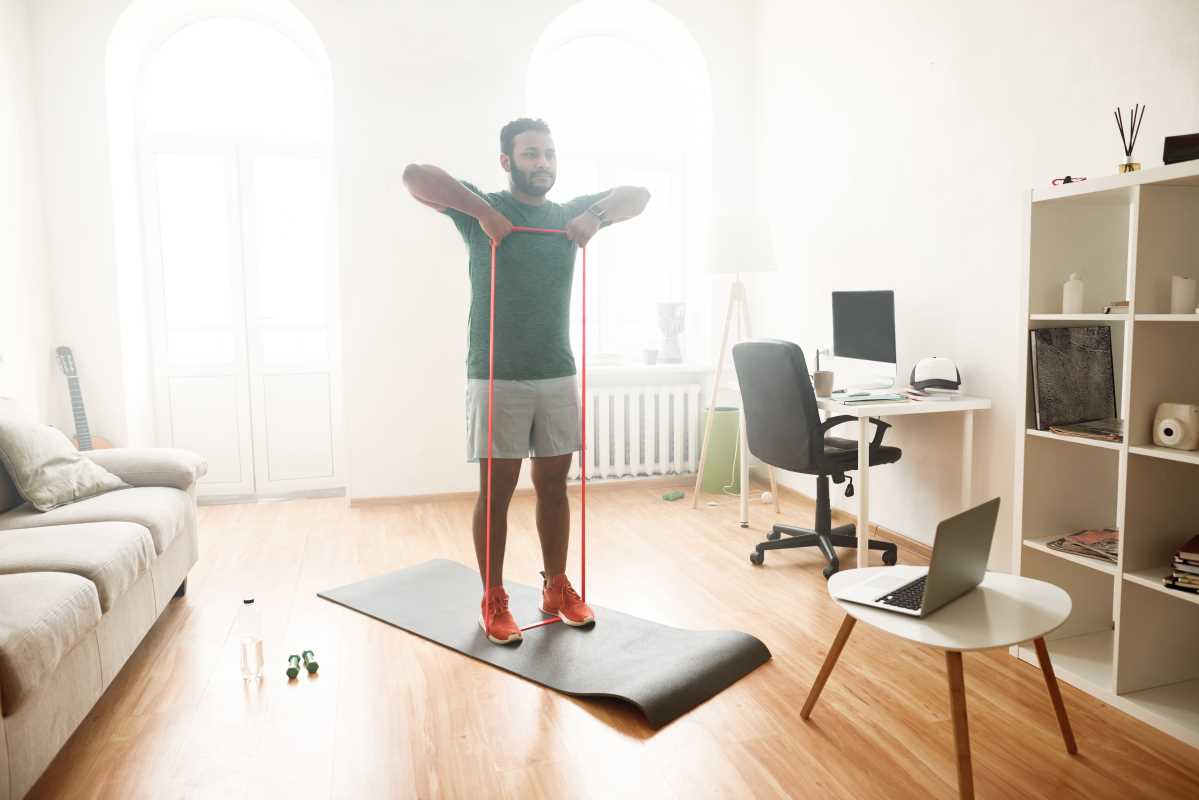Fitness apps have taken the health and wellness world by storm. With promises of personalized workout plans, step tracking, calorie counting, and progress monitoring, these tools seem like the ultimate solution for achieving fitness goals. They’re easy to use, accessible, and often filled with features designed to help you stay on track. But while they offer many benefits, their impact isn’t always positive. Surprisingly, relying too heavily on fitness apps can sometimes hinder your progress. Here’s a closer look at why this happens and how to find a better balance.
The Rise of Fitness Apps
The fitness app industry has grown exponentially in recent years, fueled by advancements in technology and a global focus on health. People use these apps for various reasons—some want to lose weight, others aim to build strength or increase endurance. The draw of fitness apps lies in their convenience. They seem to simplify complex tasks, like tracking workouts or monitoring nutrition. With everything from virtual trainers to community challenges, they’ve turned smartphones into personal fitness hubs.
Yet, what many people fail to realize is that these tools, while helpful, aren’t infallible. For some, they do more harm than good by interfering with the natural flow of fitness progress.
Over-Reliance on Technology
One of the biggest drawbacks of fitness apps is the way they encourage over-reliance on technology. Many users start depending on apps to dictate every decision they make, from how many reps to complete to how many calories to consume. While having a structured guide can be useful, it often comes at the cost of personal intuition.
Fitness isn’t a one-size-fits-all endeavor. What works one day might not feel right the next, but fitness apps don’t always account for individual variation. For example, your body might feel too fatigued to complete a high-intensity workout your app suggests, but instead of listening to your body, you might push through to "close your ring" or hit a streak goal. This approach can lead to overtraining, injuries, or burnout over time.
Furthermore, apps can foster a dependency that prevents users from developing their own knowledge about fitness. Instead of understanding why strength training is effective or how nutrition fuels workouts, users might just follow prompts blindly. When the app is removed from the equation, they may feel lost and unsure about what to do next.
Inaccurate Data Tracking
Another issue with fitness apps is that they don’t always deliver accurate data. Wearable trackers and apps measure things like steps, heart rate, calories burned, and even sleep, but these calculations aren’t perfect. For instance, step counts might miss certain activities, like cycling or yoga, and calorie estimations often vary widely from what your body actually burns.
Relying on these numbers can be misleading. If you think you’ve burned 500 calories during a workout based on your app’s reading, you might overeat to "make up for it" even though the true figure could be much lower. Similarly, inconsistent tracking could make you believe you’re falling short when you’re actually doing great, which can demotivate you over time.
Apps are tools, but they’re not substitutes for expert guidance or understanding your unique body. Depending too much on these numbers often creates a disconnect between actual physical progress and what’s reflected on a screen.
The Psychological Impact of Constant Monitoring
Fitness apps can also have a surprising effect on mental health. Constantly monitoring every aspect of your fitness life—steps, calories, macros, progress photos, etc.—can lead to obsessive behavior. Instead of fostering self-improvement, apps can create a fixation on perfection.
Not meeting daily goals set by an app can cause users to feel like failures, even when the "miss" is trivial. For example, falling short by 500 steps one day won’t impact your overall health, but feeling guilty or inadequate over such a small detail can harm your motivation. Fitness should feel empowering, not like a chore to measure up to an arbitrary standard.
Additionally, fitness apps often integrate social features like leaderboards or community challenges. While some find these motivating, others can fall into the trap of unhealthy comparisons. Seeing someone run 10 miles a day or hit the gym for 90 minutes can cause feelings of inadequacy, even if those actions aren’t aligned with your goals or abilities. This comparison often shifts the focus from personal growth to competition, which undermines the joy of fitness.
Balancing App Use with Intuition
Despite their downsides, fitness apps aren’t inherently bad. When used correctly, they can provide valuable guidance and motivation. The key is learning to take advantage of their benefits without letting them dictate your entire fitness routine. Here are some tips for finding that balance:
Focus on Your Body’s Signals: Use the app as a guide, not a rulebook. Learn to listen to your body—rest when you need to, adjust intensity if something feels off, and prioritize how you feel over what the app says.
Set Realistic Goals: Avoid setting app-based goals that don’t align with your own capabilities or lifestyle. Goals should be achievable and relevant to you, not just what the app recommends.
Limit Data Obsession: Check your progress occasionally, but don’t become a slave to tracking every number. Remember, fitness is about overall improvement, not hitting every milestone.
Diversify Your Routine: Combine app workouts with traditional methods like walking, exercising outdoors, or attending a class. This prevents monotony and fosters greater enjoyment in your fitness routine.
Use Apps for Accountability: Lean on apps to stay consistent, rather than as your only source of workout plans or feedback. They’re great for reminders and tracking big-picture trends over time.
Fitness apps are powerful tools, but they’re not foolproof or perfect for every situation. While they can add structure and motivation to your routine, over-reliance on them often leads to a loss of personal intuition, skewed data, and unnecessary pressure. Recognizing their limitations and learning to balance technology with mindfulness is essential for sustainable success. At the end of the day, the true key to fitness progress lies not in an app but in your ability to adapt, listen to your body, and enjoy the process.







